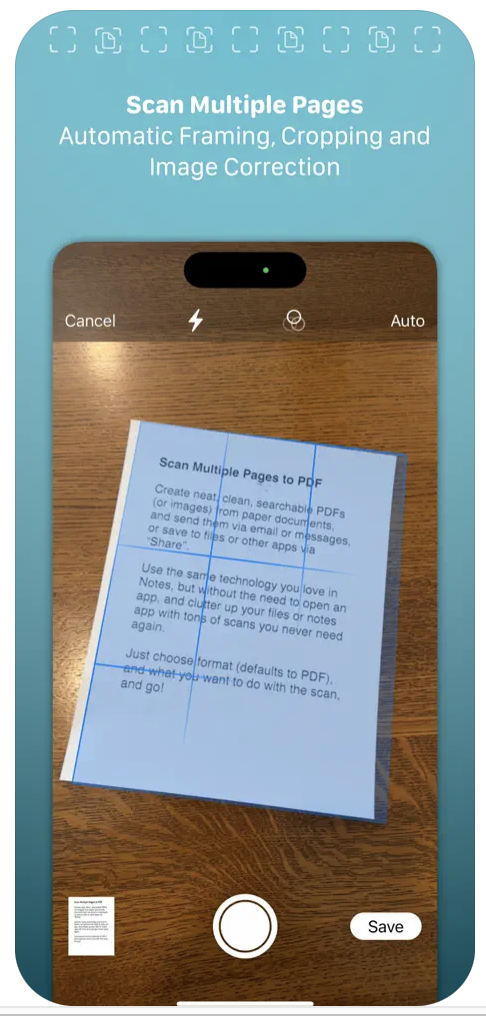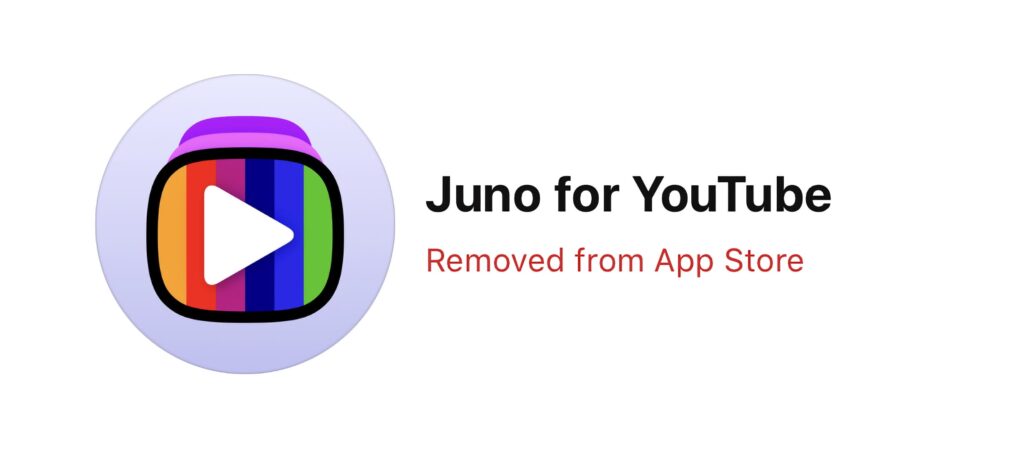
Scanning apps on iOS have taken a turn for the worse. Many have become bloated with features. Monetization schemes have multiplied. That’s what Greg Pierce (maker of Drafts) realized when he wanted to scan a document to a PDF. The good news is that Greg fixed that with his scanning app, Simple Scan. Simple Scan lives up to its name by doing one thing really well: turning your paper documents into high-quality, searchable PDFs with minimal fuss.
What sets Simple Scan apart is its focused approach. Simple Scan is purpose-built for quick document capture. Just scan and send, no document library to manage. Every PDF is automatically processed with OCR, making your scanned documents fully searchable.
The app comes with thoughtful features like custom destinations for frequent tasks (perfect for “Email to Myself”), direct saves to specific folders, and flexible output options, including high-quality JPEGs. And true to its principles of simplicity, you’ll never see ads. Ever. I use this app all the time.
Simple Scan is free to try, with a Pro version available as either a low-cost annual subscription or a one-time lifetime purchase.
Simplify your scanning workflow with Simple Scan today.

